Current lab members
I arrived recently in Mainz as an Alexander von Humboldt professor. The grand idea is to build a ‘theory hub’ where all sorts of eco-evolutionary questions, from life history theory and ageing to dispersal and sexual conflict, will be asked and answered with early and more advanced career people interacting.
I have a longstanding interest in the mathematical logic that underpins biology, with a particular curiosity towards the evolution of reproductive strategies and various types of conflict and possible cooperation between entities (individuals, genes, parts of society…) Some time ago tried to draw a chart of all these thoughts — you can admire it here.
I completed my PhD in Melbourne, where I was interested in evolutionary conflicts (and the odd bit of concordance), such as those that occur between the sexes, or those that occur between different levels of biological organisation. With the Kokkonuts, I shall continue to pursue this interest, employing a mix of theory and empiricism. Current projects include exploring the enrichment of certain regions of the genome for ‘selfish’ inbreeding preference alleles and quantifying caste antagonism in the social insects.
I am a theoretician primarily interested in the evolutionary biology and ecology of cancer. During my PhD, I focused on the evolutionary relationship between senescence (both cellular and organismal) and cancer. There, I discovered all the fascinating questions revolving around the evolution of ageing! As a postdoctoral Kokkonutter, I will therefore continue to investigate different aspects of ageing and senescence, from their determinants between and within species to potential evolutionary trade-offs between mortality traits.
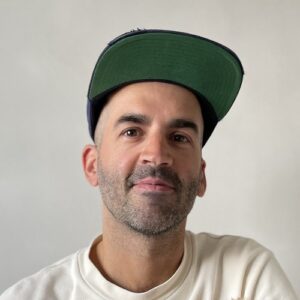
I am a theoretical biologist interested in a broad range of topics in evolutionary biology and evo-devo. I did my PhD with Peter Hammerstein at the Humboldt University of Berlin, working on Wolbachia, symbiotic bacteria that manipulate the biology and reproduction of their arthropod hosts in bizarre ways. As I became more and more interested in the developmental and regulatory systems that underlie phenotypic variation and evolution, I then moved to Lund University as a DFG postdoctoral fellow to work with Tobias Uller. Using gene regulatory network models, I analyzed the origins of discrete phenotypic plasticity (e.g., wing polyphenisms in insects) as well as human developmental disorders caused by haploinsufficiency of transcriptional regulators. As a postdoc with Hanna in Mainz, I’m dealing with different aspects of sexual reproduction, such as mating types and sex chromosomes, from an evo-devo/gene-regulatory perspective.
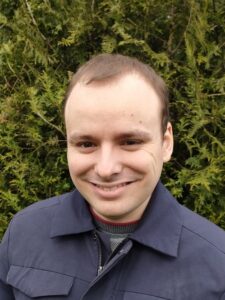
I’m excited to join the Kokkonuts in Mainz as a post-doc researcher. I’m a biodemographer with a particular interest in life history theory. During my PhD in Lyon, I used comparative and meta-analytic approaches to describe the diversity of life history tactics in mammals. As a kokkonutter I will mainly work on better understanding the evolutionary causes leading to the diversity of aging patterns observed in animals using both modelling and comparative approaches.
I am from the southern Indian city of Bangalore. My master degree is in mathematics and biology, and I’m interested in all things theoretical ecology and evolution. Previously I have worked on coevolution in endosymbioses, the ecology of microbial communities, and to a much lesser extent some fieldwork in service of understanding centipede macroevolution. As a PhD Kokkonut, I will spend my time thinking about the evolutionary origins of sex, senescence, and multicellularity. As a newcomer to Mainz, I will try to improve mein Deutsch, bake more bread, and become a wine snob.
I completed my BS-MS degree from the Indian Institute of Science Education and Research (IISER) Pune in India. For my Master’s dissertation, I worked on using mathematical tools from stochastic processes and statistical physics to analytically describe how demographic stochasticity affects the eco-evolutionary dynamics of finite populations. I have only just joined the kokkonuts in 2024 and am still determining the exact topics I will work on for my PhD. I’m currently interested in questions pertaining to sexual reproduction (broadly, in explaining the prevalence of single cell bottlenecks during fertilization events) and sexual dimorphism (broadly, how it relates to sympatric speciation and intraspecific resource competition). Outside of work, I’m an avid naturalist and enjoy trekking, birding, herping, and macro wildlife photography. I’m also a big fan of Dungeons & Dragons, metal music, and black coffee.
My name is Jenny and I am a PhD student at the Translational Oncology gGmbH (TRON) here in Mainz. In my PhD projects I focus on cancer research. Current research knowledge indicates that cancer development follows evolutionary processes. Therefore, by our theory, all cancers should possess truncal mutations: these mutations resemble the root of all mutations in a tumor and are most likely found in all cancer stem cells, clones and sub-clones of a cancer, including metastases. Targeting those would allow individualized immunotherapies to be more efficient and effective. Finding and identifying such mutations, using Machine/Deep Learning methodology, is the scope of my PhD project. When I am not working, I like to bake, paint or do sports, such as jogging or fighting (Krav Maga).
Working with various animal systems (such as land snails, bats and birds) I was always fascinated by an evolutionary process and its result we can observe around us. To understand more in this field, I decided to jump into theoretical evolutionary biology after my master studies. Now I am a Kokkonutter and I am doing my PhD at the University of Zurich (co-supervised by Stefan Lüpold). In my PhD, I am using modelling approaches to resolve puzzles related to evolutionary conflicts between sexes, such as mate choice.
I am excited to join the Kokkonuts for my PhD. Previously, I completed my master studies with the EES (Evolution, Ecology and Systematics) Program at the LMU Munich. During this time I worked on the evolution of anisogamy and mating competition in fission yeast, ending with an external master thesis with the Kokkonuts investigating how life history traits affect male killer dynamics in a butterfly system. After a brief foray into reef fish ecology, I returned to the butterfly question, and I am also interested in infection dynamics in general.
After writing my master thesis with the Kokkonuts and spending an additional two and a half years in Zurich, I have decided to move to Mainz to continue my PhD. I am fascinated by a wide variety of evolutionary topics with a loose focus on insects. For my PhD, I am investigating polymorphisms, especially those of Colia butterflies within a collaboration with Chris Wheat in Stockholm. My other projects focus on varied topics including ecological sexual dimorphism, female alternative reproductive tactics, sex-ratio theory in facultative parthenogens, and the origins of haplodiploidy.
Hi! I am in my final semester of my MEME evolutionary biology masters. I am attempting my thesis with the Kokkonuts on resolving Crozier’s paradox in ants through individual based simulations. Identifying as a generalist when it comes to research, I have worked in a spectrum of fields during my bachelor’s and earlier semesters of MEME. Currently, my interest is heavily piqued in eusociality and theoretical evolutionary cancer biology, and these are fields I intend to explore via a PhD sometime in the future. Outside research, I enjoy getting lost in mountains, attempting high adrenaline sports, playing badminton and just conversing with people from various cultures.
Alumni
Mainly working at the Swiss Ornithological Institute, I joined the Kokkonuts as an external PhD student. I am a wildlife ecologist with a particular interest in conservation biology, animal movement ecology and resource selection by animals. In my PhD I aim to find out how to reconcile the demands of forest habitat specialists with forest management. Enjoying the challenges of field work, I am working with the white-backed woodpecker, a rare and endangered species typically inhabiting primeval forests, in the Swiss and Austrian Alps.
Hi! I’m a master’s student (Biology) at IISER Mohali and I’m doing my master’s thesis with Hanna. I am interested in computational and theoretical evolution and ecology as a whole; in Hanna’s group I am looking at a problem that involves male and female larvae and their contribution to a social behaviour. Prior to this, I have worked on some other aspects of Biological Modelling such as modelling gene networks and sexual conflict.
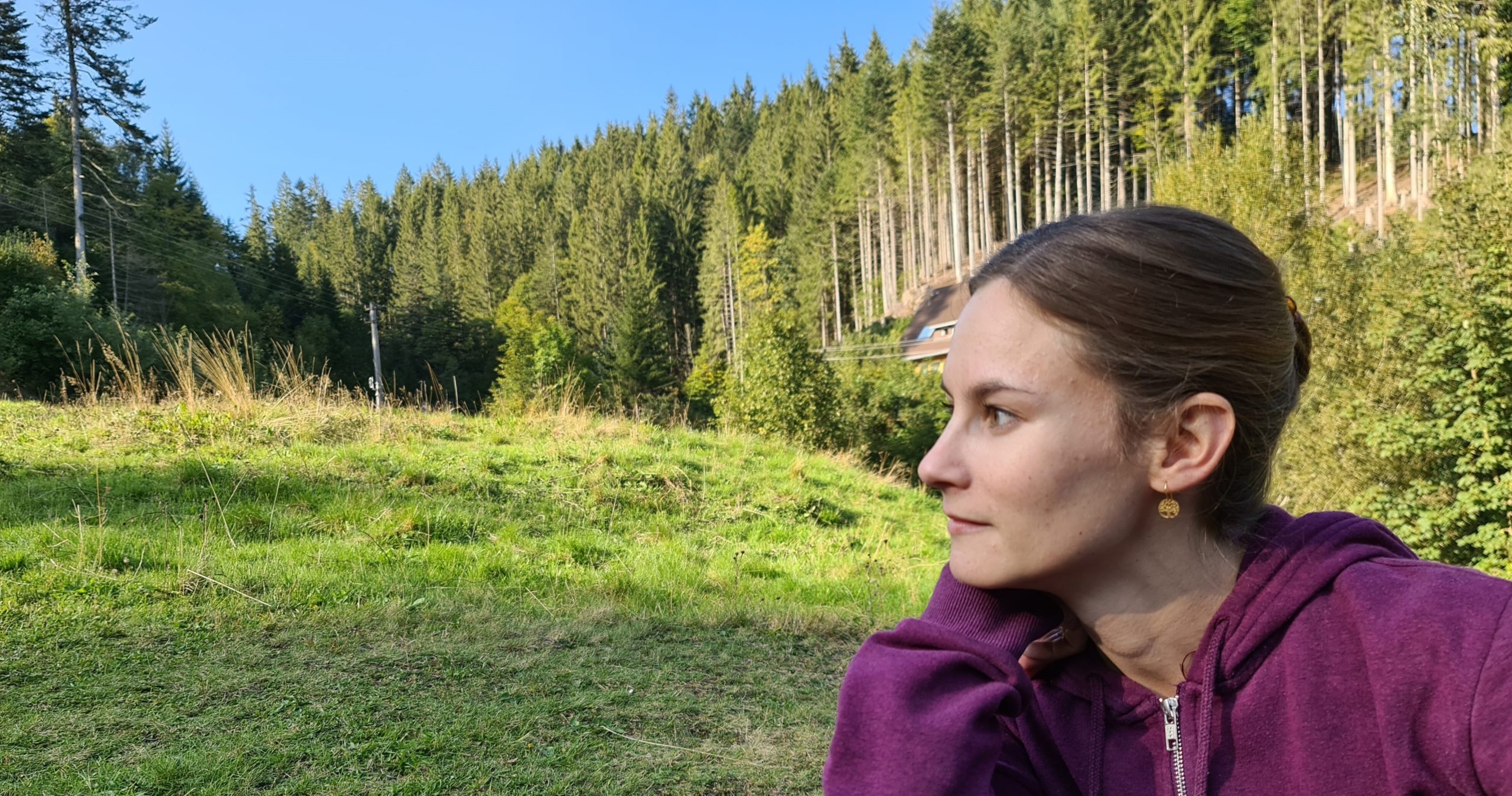
I spent 2022 in Hanna’s group as a postdoc and lecturer. I did my PhD at ETH Zurich, studying mating-system evolution in hermaphrodites, then moved to Oxford for a postdoc in Tim Coulson’s lab, where I gained familiarity with mathematical modelling and investigated the plastic and genetic causes of life-history variation in Trinidadian guppies. In spring 2022, I replaced Hanna as the teacher of two undergraduate courses during her sabbatical. Now in 2023, I start an SNSF Swiss Postdoctoral Fellowship in Lukas Keller’s lab at UZH to study how environmental variation impacts microevolutionary change and its predictability.
I did a Kokkonuts PhD on life history evolution under cancer risk. Excited about working on all the questions I couldn’t fit into my PhD, I am now doing a postdoc at the University of Jyväskylä in Finland (where I am also improving my cross-country skiing skills further). Towards the end of my PhD, I became increasingly excited about the links between cancer and senescence and hope to explore this direction in the coming years!
I did my MSc on genetic correlation between flower size and seed size (Norway), where I discussed functional integration and canalisation of seed size. For my PhD with the Kokkonuts, which I finished in early 2022, I studied maintenance of local adaptation to intertidal environment in the midge Clunio marinus. I am interested in both theoretical and empirical studies – indeed, my PhD thesis had both!
After having converted from a physicist to a biologist, I did my PhD in demography and genetics with Hal Caswell at the University of Amsterdam. Somewhere along the way, I got obsessed with the consequences of sex differences and sexual conflict for life-history evolution. As a Kokkonutter, I nourished this obsession further, and I am happy to continue doing so at the Max Planck in Plön 2023 onwards, with Arne Traulsen.
I finished my master’s with Hanna’s group investigating how increased frequency of cycle disruptions affects optimal breeding strategy and fitness in Arctic foxes relying on cyclic prey densities. I’ve recently started a PhD on the effects of climate change on the phenology of hibernation, and reproductive dynamics of Canadian black bears in the lab of Sandra Hamel.
I’m Norwegian Thomas, the second Norwegian and the second Thomas in the group. For my PhD in Trondheim I studied the connections between various adaptations to environmental uncertainty on different evolutionary time-scales. Working on a wide range of topics in behavioral ecology, life-history theory and evolutionary biology, I enjoy using mathematical models to explore how concepts from different fields of research actually can link together and interact. As a Kokkonut I have continued this exploration, and since early 2022 I am working in Trondheim on similar questions.
My interest is in using mathematical models to understand the adaptation of organisms in a changing environment. As many such models already exist in various fields, my current aim is to understand the similarities and differences between them. Together with Tadeas, we are trying to build a platform that would bring together models of adaptation from various disciplines, facilitating collaboration between theoretical biologists working on similar problems but in different fields.
I am a PostDoctoral researcher interested in the evolutionary theory of spatially and physiologically structured populations. The central theme in my research is to explain the observed diversity of individual behaviour in natural populations, with a specific focus on questions related to the evolution of mate choice, the evolution of cooperation and evolutionary epidemiology. In my work I use a combination of mathematical methods such as dynamical systems theory, multiple timescale analysis and Markov processes. My current research aims at synthesising the various theoretical approaches used in evolutionary models that consider fluctuating environments (e.g., fluctuating temperature). This is a joint project with Barbora Trubenova, and is funded by the SPARK-grant awarded to Barbora. See more on my research interests here.
I work as a permanent Research Scientist in the Natural Resource Institute Finland where I am studying plant pathogens in horticultural production. My focus is on epidemiology and control of mostly fungal pathogens of vegetables, berries and fruits.
I was an Erasmus Mundus masters student in the Kokkonuts, modelling the quality-quantity tradeoff observed in reproduction with Yagmur in Hanna’s lab. I previously hold a masters degree in Molecular biology. I have now moved to the University of Lausanne for my PhD, under the supervision of Tad Kawecki.
In my two years among the Kokkonuts, I investigated the implications of antagonistic interactions for the evolution of sex, and the evolution of cooperation based on reciprocity an explicit individualized society. No need to say that those two years as a Kokkonut were wonderful! After subsequent a postdoc at the University of North Carolina, where I was assessing theoretically whether subtle differences in the genetics of speciation (e.g., pleiotropy vs. tight linkage among loci) matter when it comes to the build-up of reproductive isolation. My return to Europe, to Toulouse, then followed, me joining the CNRS.
In my two years among the Kokkonuts, I developed mathematical models to investigate the evolution and ecology of cancer risk, for example using demographic models to try to understand why naked mole rats are more tumour-proof than mice. I’m now a lecturer at City, University of London, where my research also encompasses the evolution of tumours and somatic tissue. Ultimately I’d like to connect these lines of research towards a general theory of cancer risk and progression.
During my 2 years at the Kokkonuts, I worked on risk-spreading strategies in annual organisms. I’m currently a postdoctoral fellow in the Fish Ecology and Evolution group at Eawag, where I study speciation and speciation reversal in the Alpine Whitefish.
Before joining the Kokkonuts, I served briefly as a fish porn director with noisy soundtracks at the University of Leiden (NL), and as a modeller of haplodiploid sex-strike at the INRA Antibes (FR). During my PhD with the Kokkonuts, I worked on the origins & maintenance of sex in eukaryotes, with a special focus on their incredible & overlooked diversity, also inspired by the wide range of topics studied by my fellow ‘nutters. Now in my post-Kokkonuts life, I have realized that no amount of sex will save the majority of eukaryotes from extinction if humans don’t stop adding CO2 into the atmosphere & destroying ecosystems right now. Therefore, I now work 40% at the Crowther lab (ETH) on global ecosystems and climate change, but most of my time is spent fighting for our lives. I chose to do so with Extinction Rebellion. Please help, because we’re losing this.
After two wonderful years working as a kokkonut, I embarken on a journey to data science. I now work as a member of the SDSC Innovation Team as a Senior Data Scientist.
After my postdoc in Zurich, I took up another postdoc at the University of Sydney. There I am collaborating with philosophers of biology to explore biological function using a few different approaches. I am doing some philosophy of biology on the theory of “selected effects” function, some mathematical modelling (developing a method to quantify biological function), and some natural language processing/machine learning (to understand how biologists use the concept of “function”).
https://sydney.edu.au/science/about/our-people/academic-staff/joshua-christie.html
After an exciting two years and nine months of Postdoc with the Kokkonuts in the big city of Zurich, I moved on to the lovely French-speaking town of Neuchâtel, to start my first research team, supported by the SNF Ambizione Grant. I continued my interest in modeling dispersal, cooperation and conflict between males and females, and the evolution of sexual dimorphism. Also, together with my PhD student, we study the dispersal of bacteria through “fungal highways” — a complex 3D network of hyphae in the soil. We use both modeling and experiments to investigate the interactions between bacteria and fungi, with the ultimate goal of using fungi to promote the dispersal and ecological functions of bacteria that can clean up the polluted soil.
All my research in plant conservation genetics at ETH Zurich (PhD), at the Botanical Garden in Berlin and at the University of Aberdeen is related to the question how small populations can maintain sufficient reproduction. Through my investigations on inbreeding, genetic diversity and dispersal, I became interested in the more fundamental eco-evolutionary consequences of mating among close relatives (and thereby overcoming the predominant conservation genetic focus on potentially harmful effects of inbreeding). During my short-term Postdoc with the Kokkonuts, I pursued this topic by investigating whether positive assortative mating is a common phenomenon in trees. Since 2018 I am employed as scientific staff at the Swiss Academies of Sciences, more explicitly in the Swiss Biodiversity Forum in Bern. Simultaneously, I am teaching at the University of Applied Sciences Rapperswil (HRS), “Landscape Ecology” and “Nature and Landscape Maintenance”.
I did my PhD with the Kokkonuts on cyclical parthenogenesis and the evolution of sex, where I combined modelling with empirical work on Daphnia. After my PhD, I started an SNF early postdoc mobility Fellowship in Australia to model dispersal in reef fish, estimate the dispersal mortality and connect these findings to conservation and planning of marine protected areas. I thereafter started a new position in Göttingen, where I currently study the impact of the recolonisation of wolves on deer movement and population dynamics. For more information on my work, please visit my website.
I visited Hanna’s group for three months (Oct. 2017 – Jan. 2018) as a JSPS postdoc. Together with Hanna, I developed a simulation model, where two incipient species can evolve species recognition and/or habitat segregation to avoid hybridization. This model (and slightly modified versions) show interesting behaviours, which will be reported in a couple of papers in near future. So I am still working on similar projects. But I am primarily an empiricist. As a would-be botanist (I did my PhD on beetles), I am also working on the potentially antagonistic pollen-pistil interactions in a sexual dandelion. From Apr. 2020, I am starting a new position at the Museum of Nature and Human Activities (Hyogo, Japan). You can find more (and updated) information on my website.
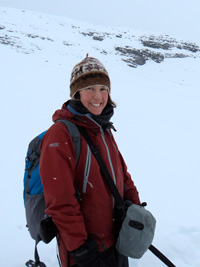
I was a postdoc with the Kokkonuts between December 2014 – August 2017. I looked at the timing of sexual reproduction, sex ratio dynamics, and mating behaviour in facultatively sexual Daphnia. In 2017 I moved to Monash University as an ARC DECRA fellow, where I’m still using Daphnia to study questions relating to the evolution of sex. For more on my work, visit my website.
I’m now a Lecturer in Mathematical Biology at the University of York, UK.
Trained as a theoretical physicist and an evolutionary theorist at UCL, I am interested in universal mechanisms governing the evolution of biological complexity: from the origin of life and complex cells, to collective identity in human societies. The concept of biological evolution as a series of “transitions in individuality”—involving conflict, cooperation and mechanisms of quality control—provides a very attractive framework for understanding these problems. My most recent work focused on an ancient enigmatic cooperation between bacteria and archaea that gave rise to all eukaryotic cells with mitochondria, and is largely responsible for a whole range of peculiar things that complex organisms do, like sex, sexual conflict, aging and death. To stay up to date with my work and my less academic essays, you can follow me on Twitter.
Wouldn’t it be cool to grow as you like? This is just what fish and some mammals do! They adjust their body growth to the social situation they find themselves in. A fearful clownfish that wants to avoid upsetting a bigger clownfish and collecting subsequent beating just stays small. An ambitious meerkat who senses her closest subordinate catching up in body size and thus potentially outranking her invests into a growth spurt. Everything comes at a cost, though. Being beating causes physical injuries, to beat someone or to grow faster uses up energy, and remaining small and low in rank might result in less offspring. My aim as a Kokkonut was to find out which growth strategy evolves under which cost–benefit scenario. I did that with super cool pen-and-paper models and computer simulations. So, no self-experiment, I will remain my size.
I am a Postdoctoral Fellow at National University of Singapore (Ryan Chisholm’s lab) who visited the Kokko lab in 2016. I am a modeller with broad interests, using techniques from adaptive dynamics, food web theory, statistical inference, and game theory. Recent research topics include: island biogeography, carryover effects and local adaptation, qualitative modelling, estimating extinctions of undiscovered species, and phenological response to climate change. For more on my work, please visit my website nadiah.org
I completed my studies in ecology at the University of Zurich, in collaboration with karch Neuchâtel (the Swiss amphibian and reptile association), in 2013. For my master thesis I investigated the amphibian pathogen B. dendrobatidis in water frogs and alpine newts, where I was interested in finding out, what habitat traits influence parasite loads and occurrence, with special focus on pond hydroperiod. After a two year period working for Kokkonuts I joined the team of the Zoological Museum in Zurich where I am the curator of the collections.
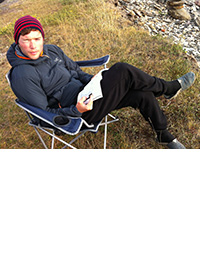 Andri Manser
Andri Manser
Wouldn’t the world be a happier (and more productive) place without (fertile) males? This pertinent question has haunted me ever since my short stint as a Kokkonut back in 2015. In search of answers, I ventured up North (Liverpool), where I studied a sex ratio distorter gene in a fruit fly. According to theory, this distorter should turn entire populations into females. Because (as per usual) reality doesn’t behave as theoretically predicted (thanks nature), I tried my hand at actual field biology, wandering (aimlessly) around the (beautiful) Atlas mountains of Morocco in search of little flies. And yes, I found lots of males (fly and human, the latter typically sipping tea in cafés), but we still don’t quite understand why they are there (maybe something Fisherian?). Since 2020, I am back in shiny Zürich, where I try to figure out whether one could use sterile males as a humane method to control invasive mouse pests on islands (where they wreak havoc).
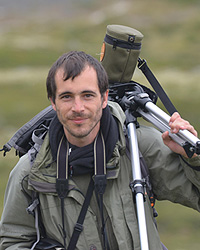 Joan Maspons
Joan Maspons
I’m doing my PhD about causes and consequences of life history variation with Dr. Daniel Sol. After finding a pattern in birds, where species with low brood value are better invaders, we couldn’t quantify the importance of the multiple possible mechanisms. Different strategies with the same brood value, bet-hedging, demographic features of life histories, cognitive abilities… all related but too complex for my brain, which started to overheat. I started to develop theoretical models to understand the magnitude of the different mechanisms and their interactions. After a couple of prototypes I decided to visit Hanna’s lab to learn and share ideas with seasoned theoretical modelers. A random picture of me working has a high chance to be about a guy in front of a screen with funny R scripts, but I also like real nature without tabulations.
I am a human behavioural ecologist and was a three-month visiting student to the Kokko Lab from December 2014 to March 2015. My PhD study at SOKENDAI in Japan (supervised by Mariko Hiraiwa-Hasegawa and Hisashi Ohtsuki) examined fertility decline, reproductive decision-making, and parental investment in humans from evolutionary and ecological perspectives. I did my first postdoc for a national birth cohort survey at Kyoto University, and then transferred to the Evolutionary Anthropology Lab led by Yasuo Ihara at the University of Tokyo. Now I engage in research projects on the evolution of language and adolescent sociality across cultures. If you are interested in my studies, please visit my personal website for more details. https://sites.google.com/site/mmoritahuman/english

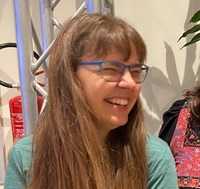 Hanna Kokko
Hanna Kokko 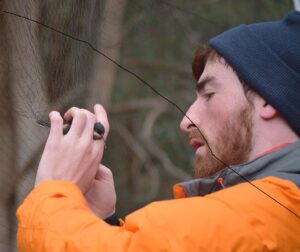 Tom Keaney
Tom Keaney 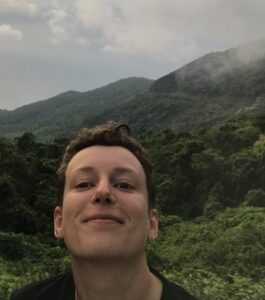 Margaux Bieuville
Margaux Bieuville 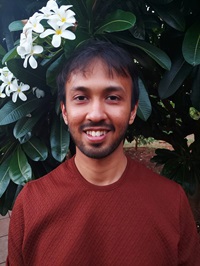 Gaurav Athreya
Gaurav Athreya 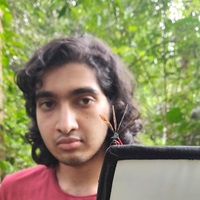 Shikhara Bhat
Shikhara Bhat 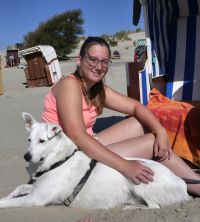 Jennifer Neumaier
Jennifer Neumaier 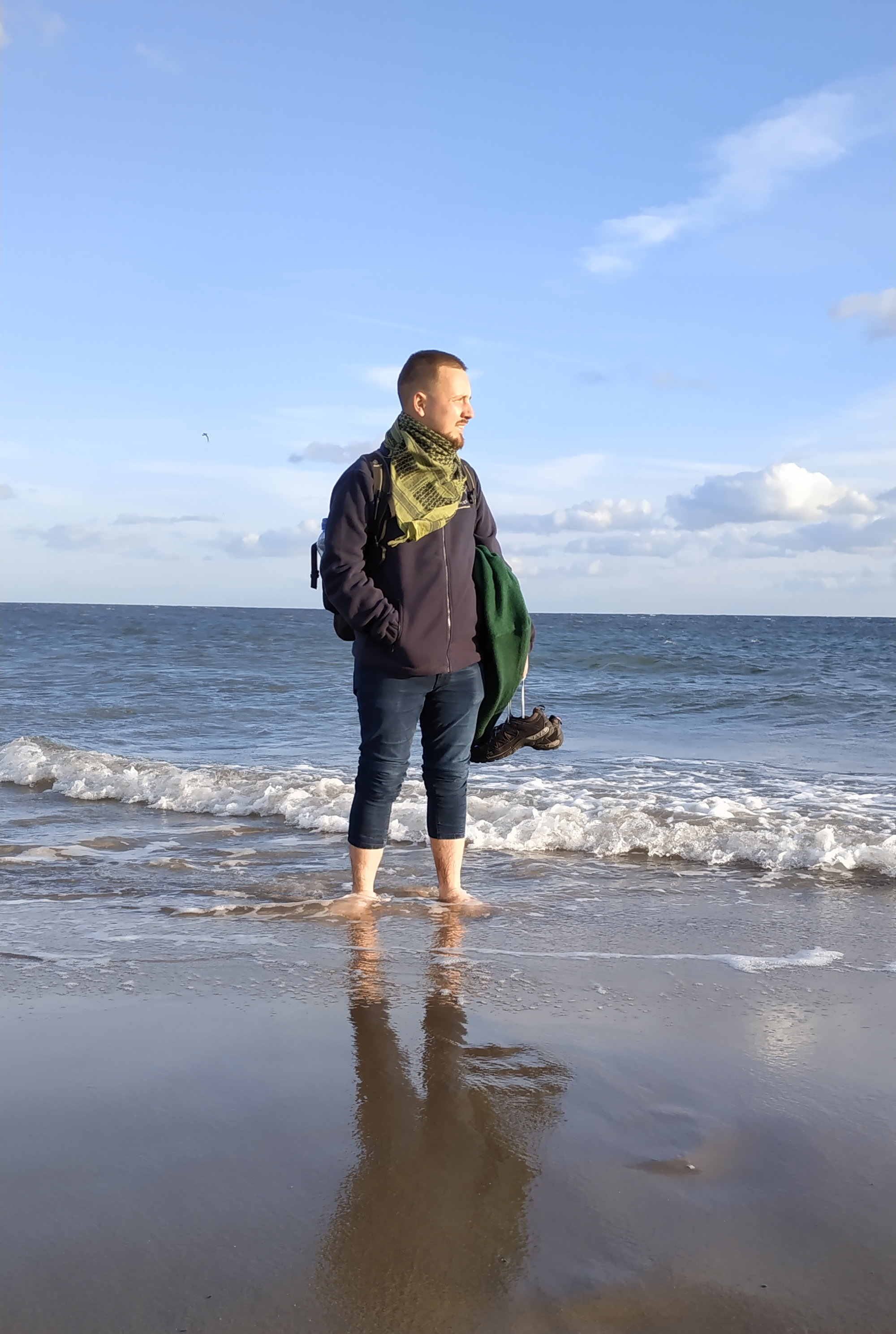
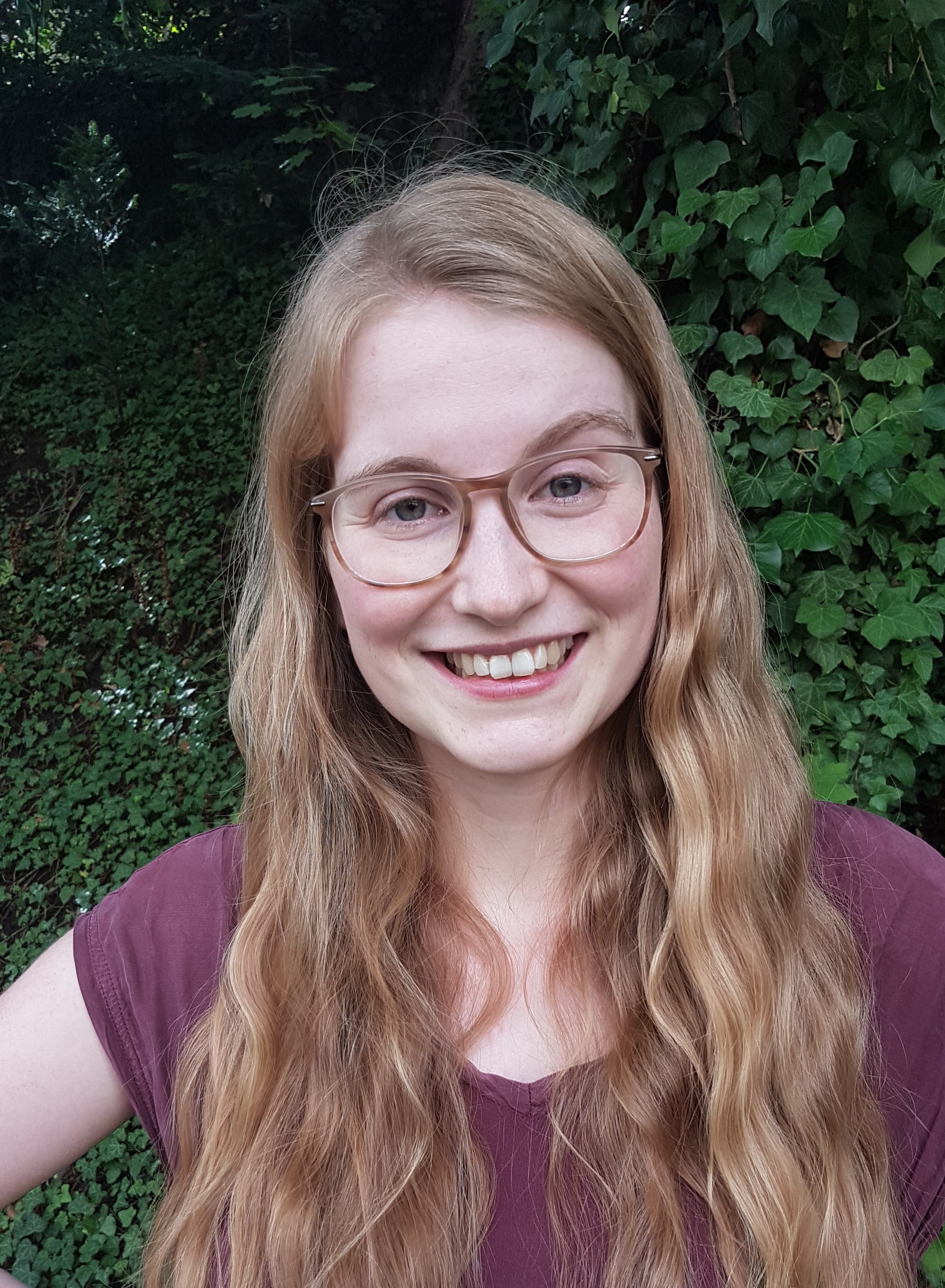
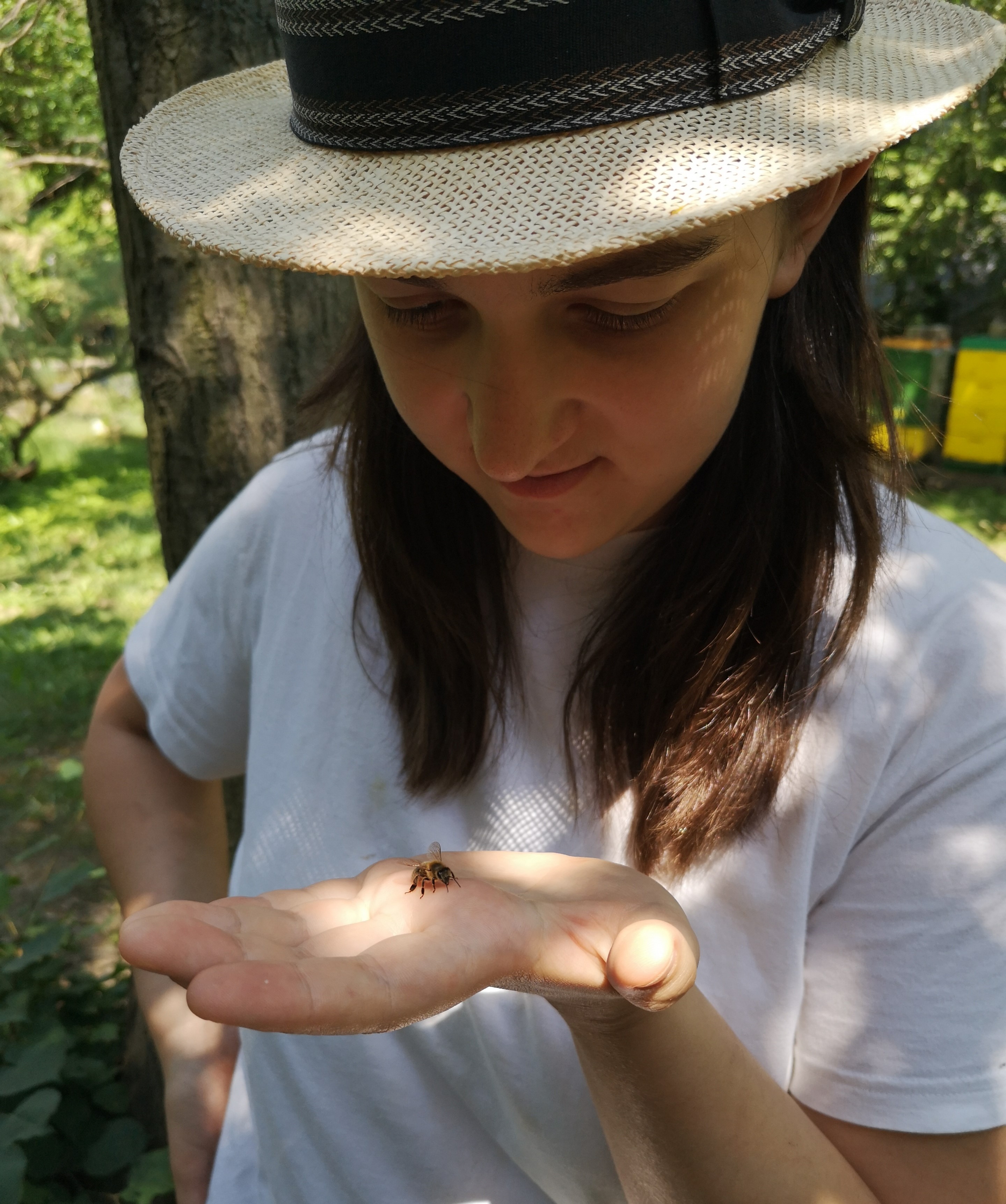
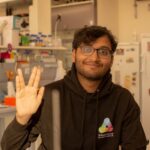 Lakshya Chauhan
Lakshya Chauhan 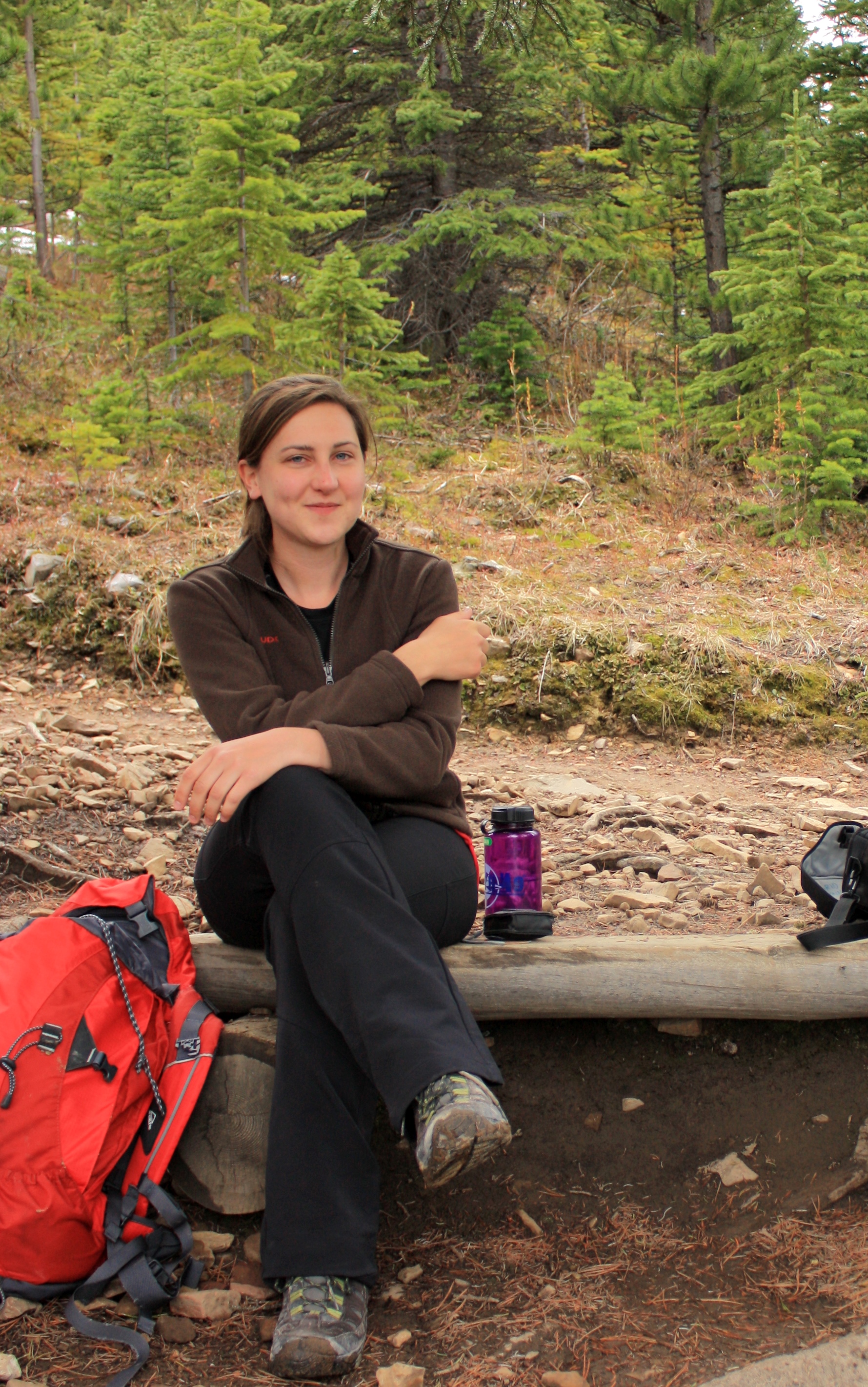
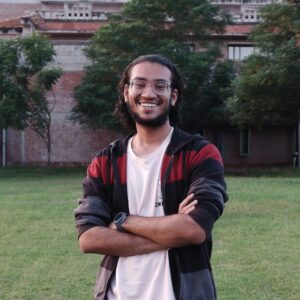
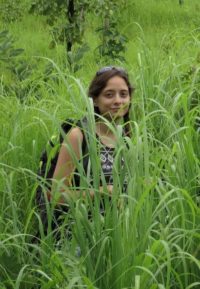
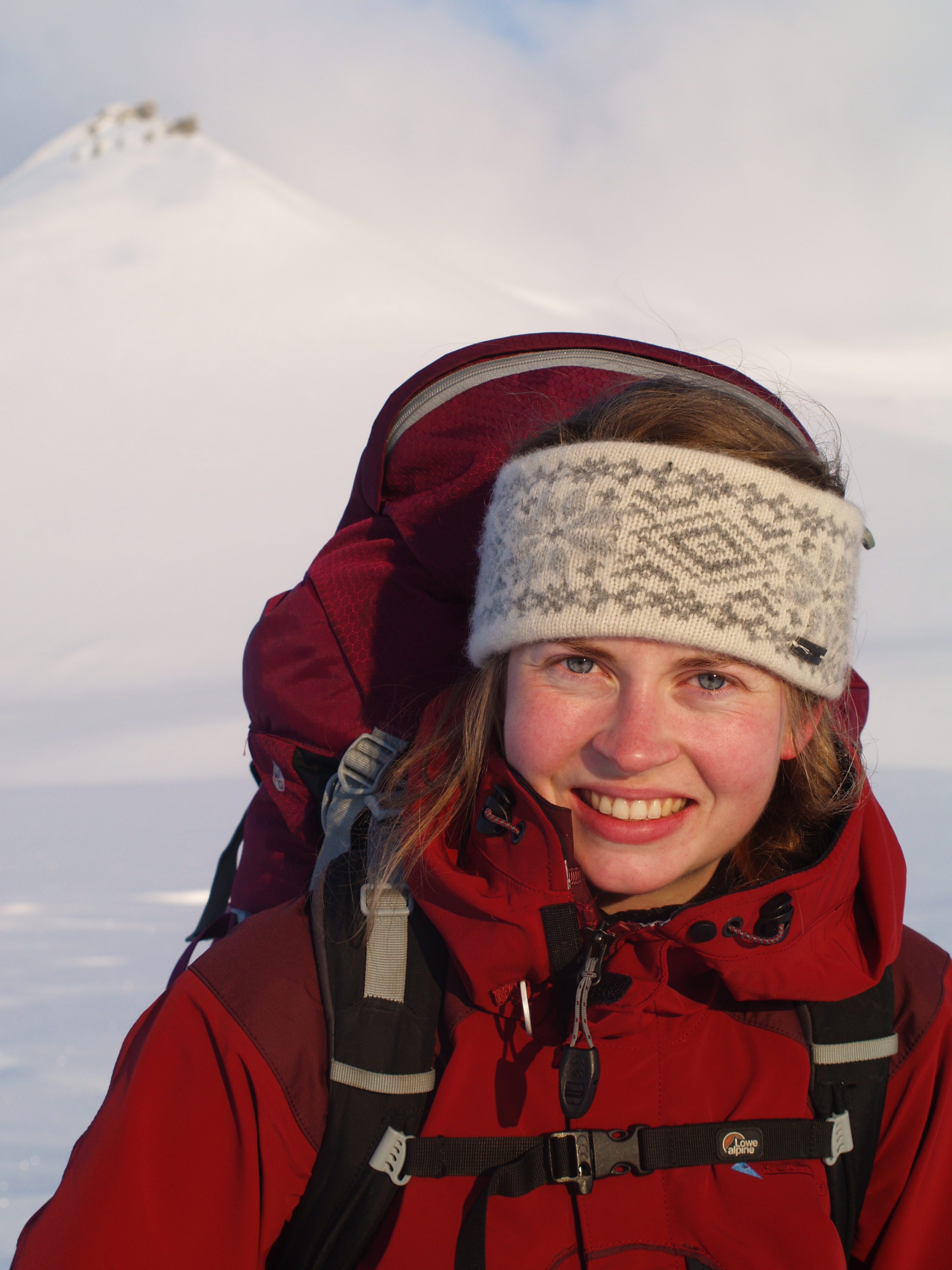
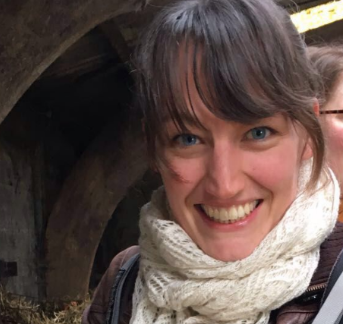
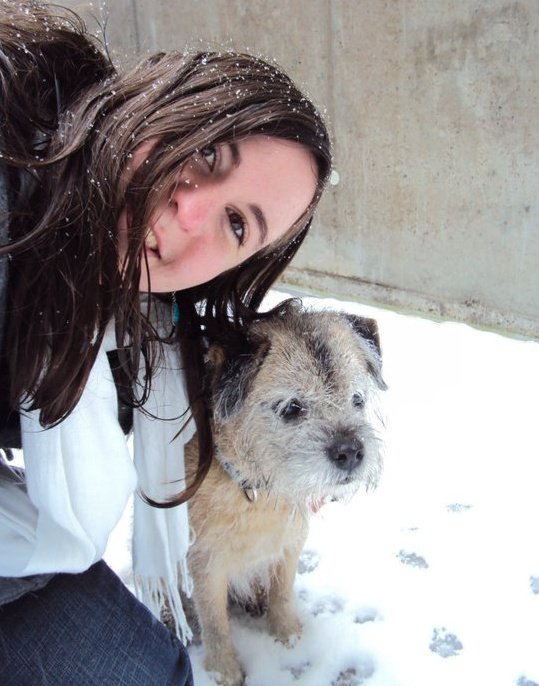
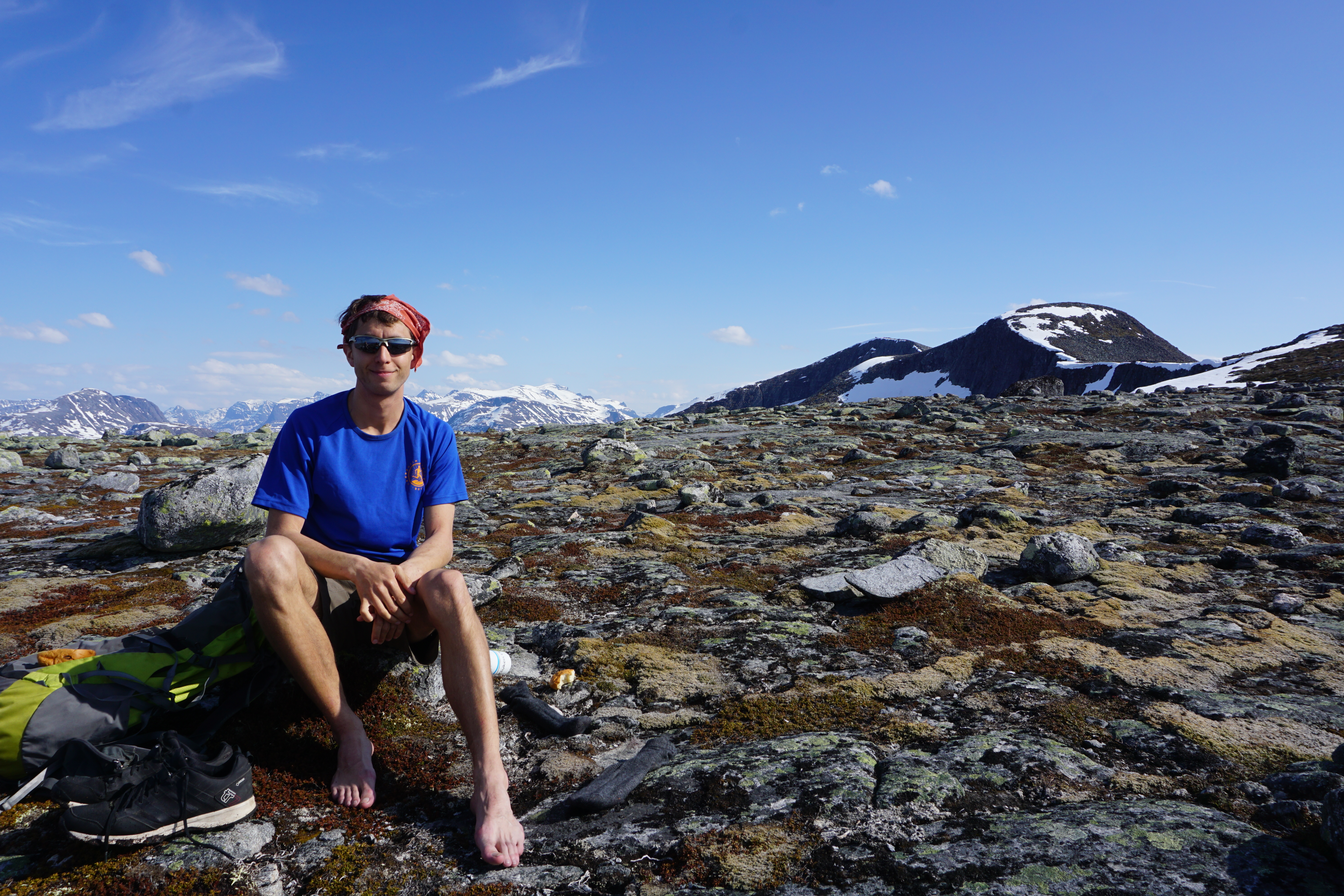
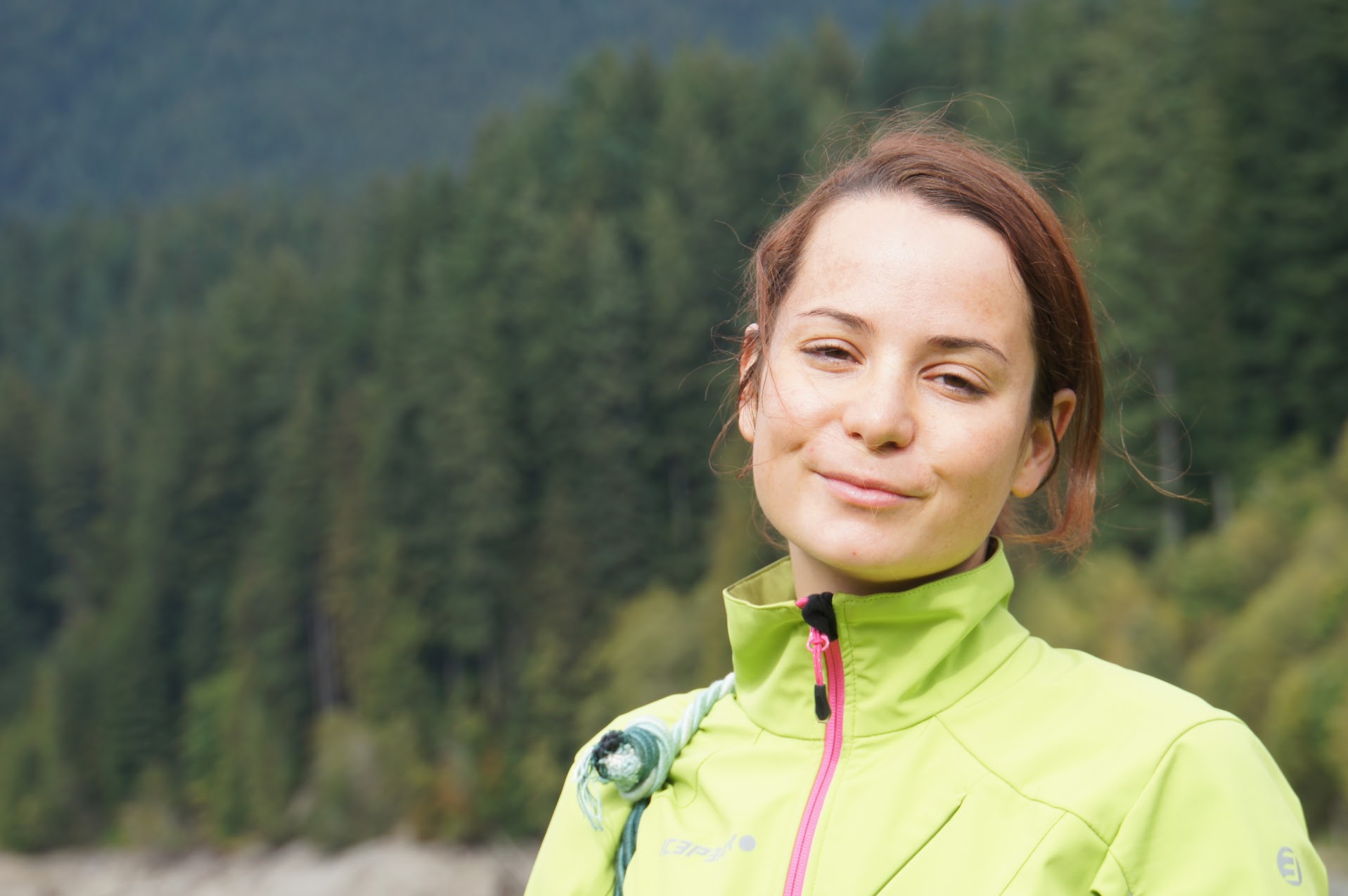
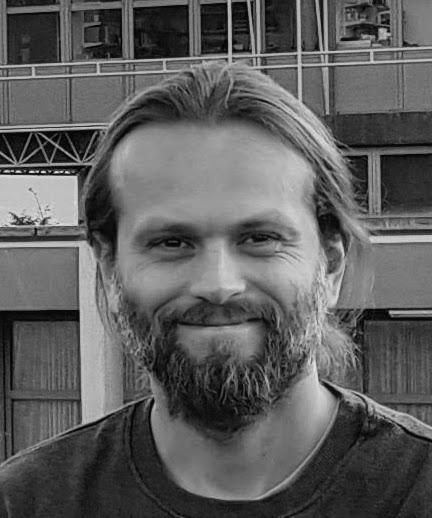
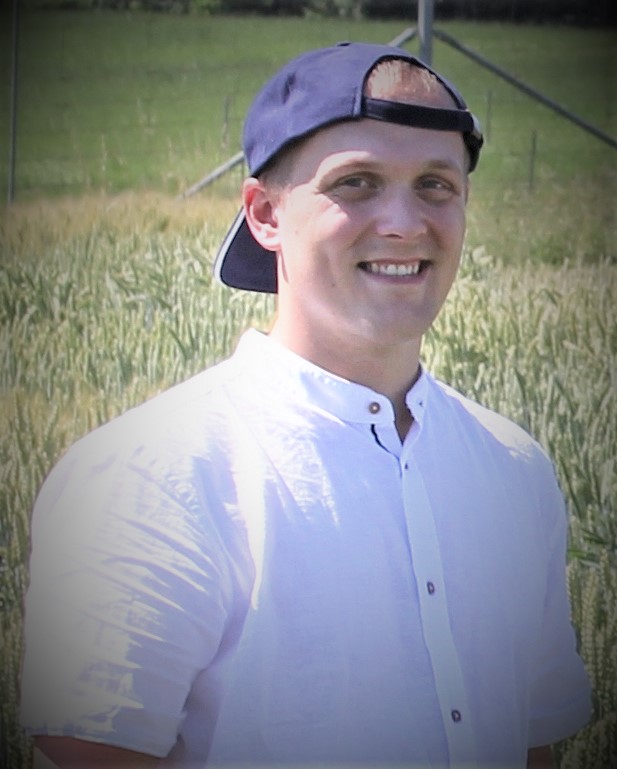
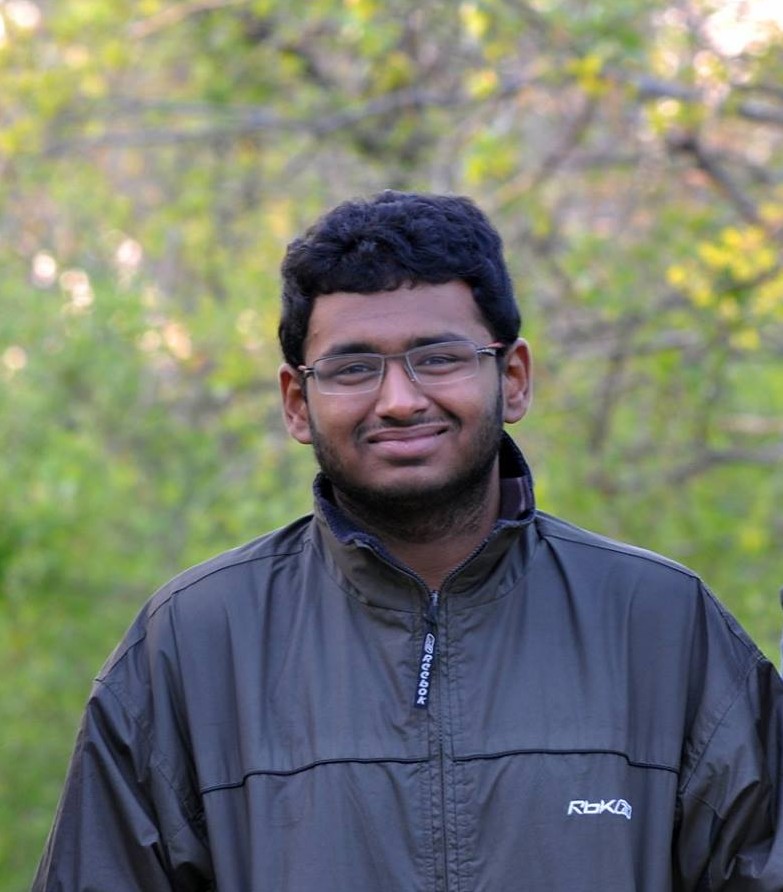
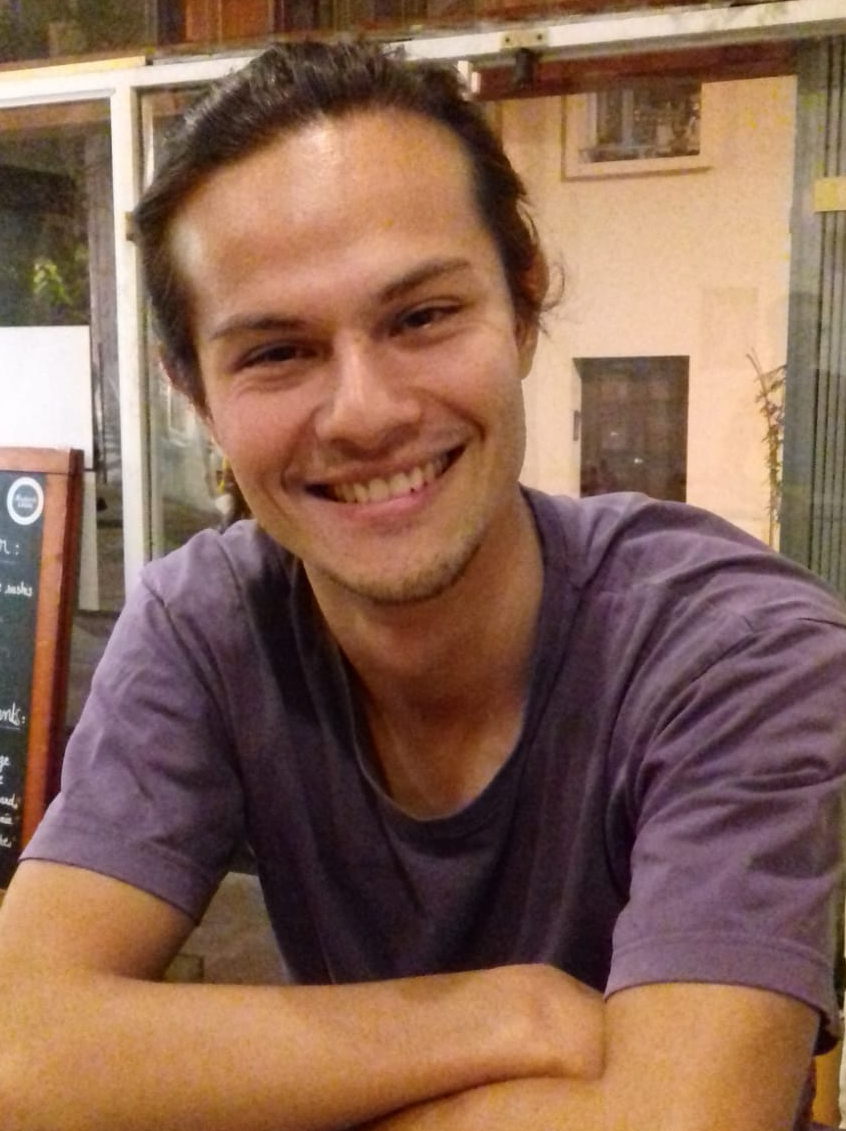
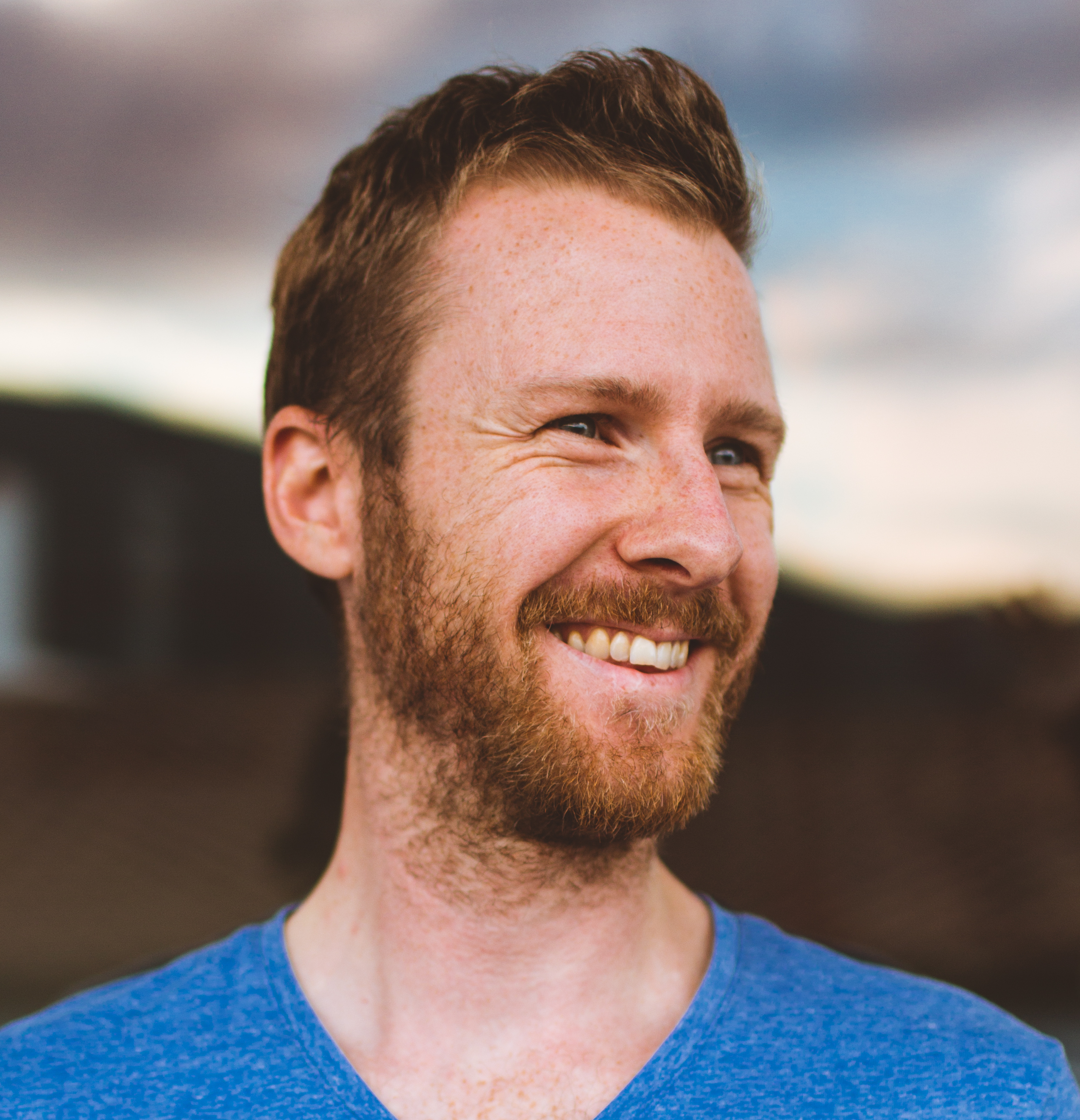
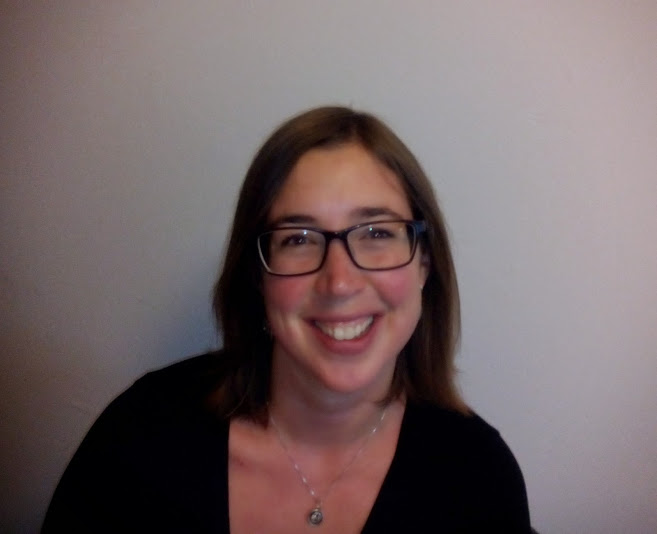
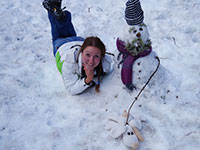
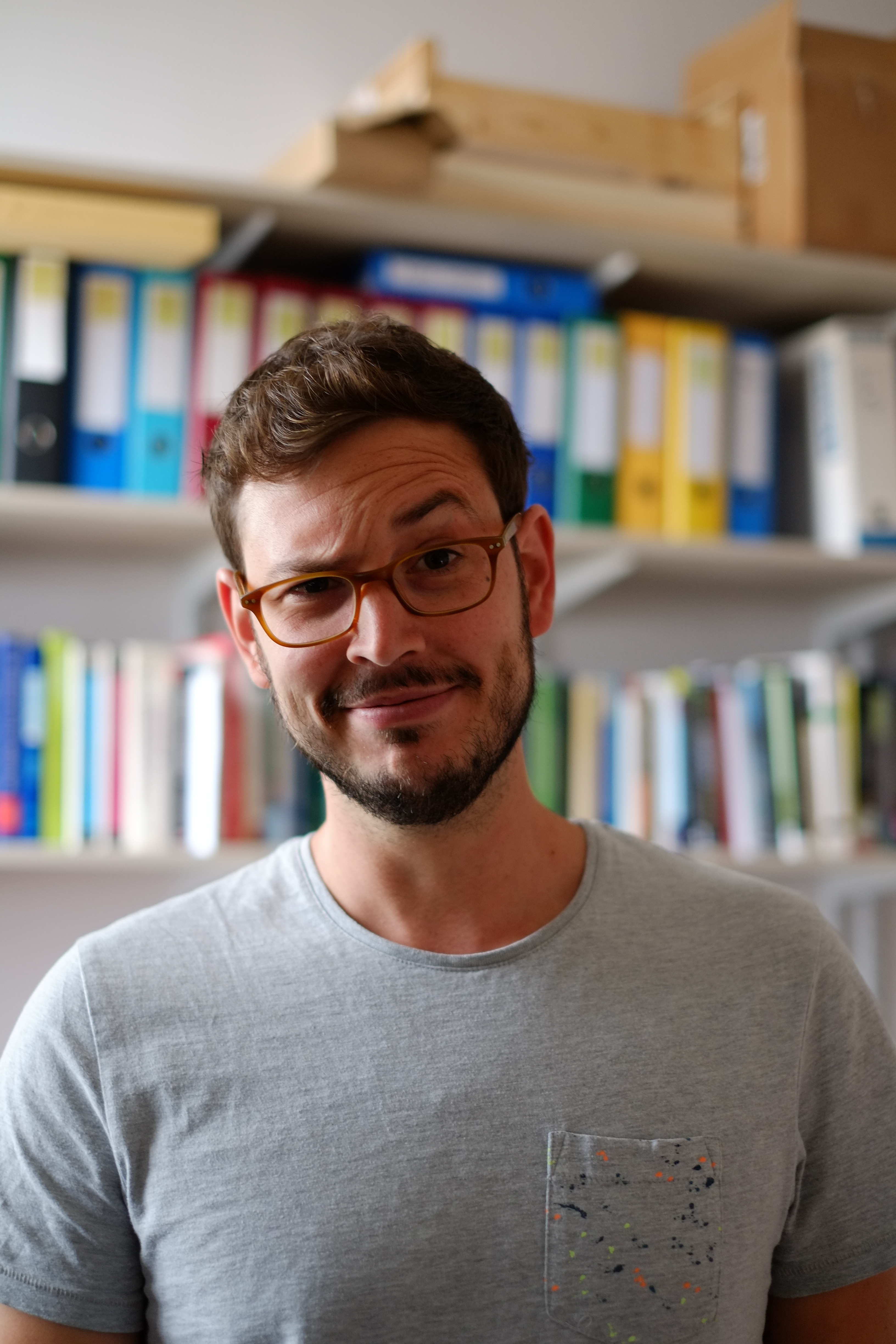
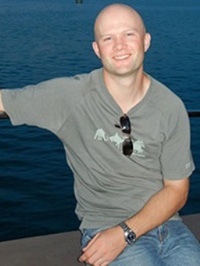
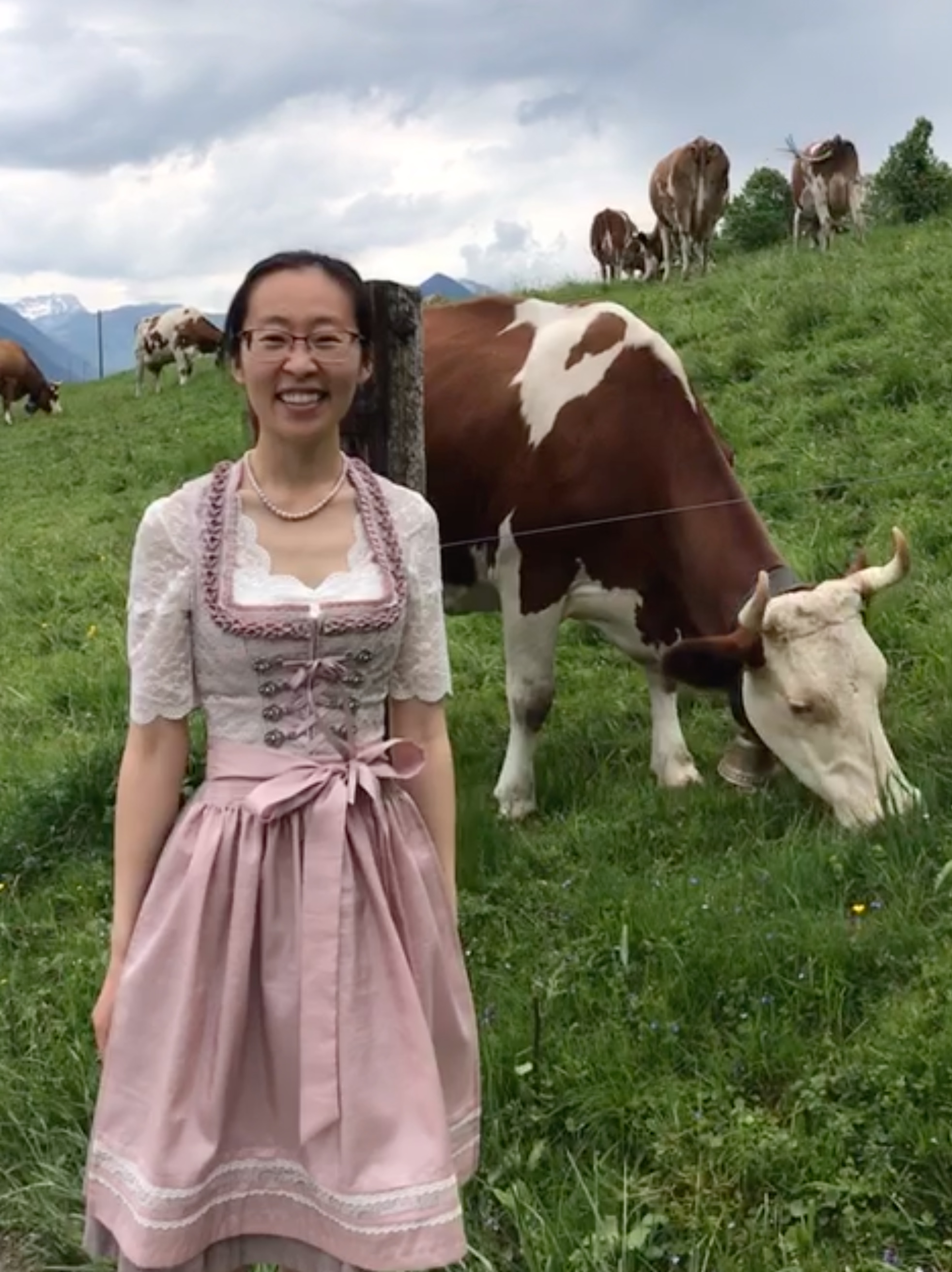 Xiang-Yi Li Richter
Xiang-Yi Li Richter 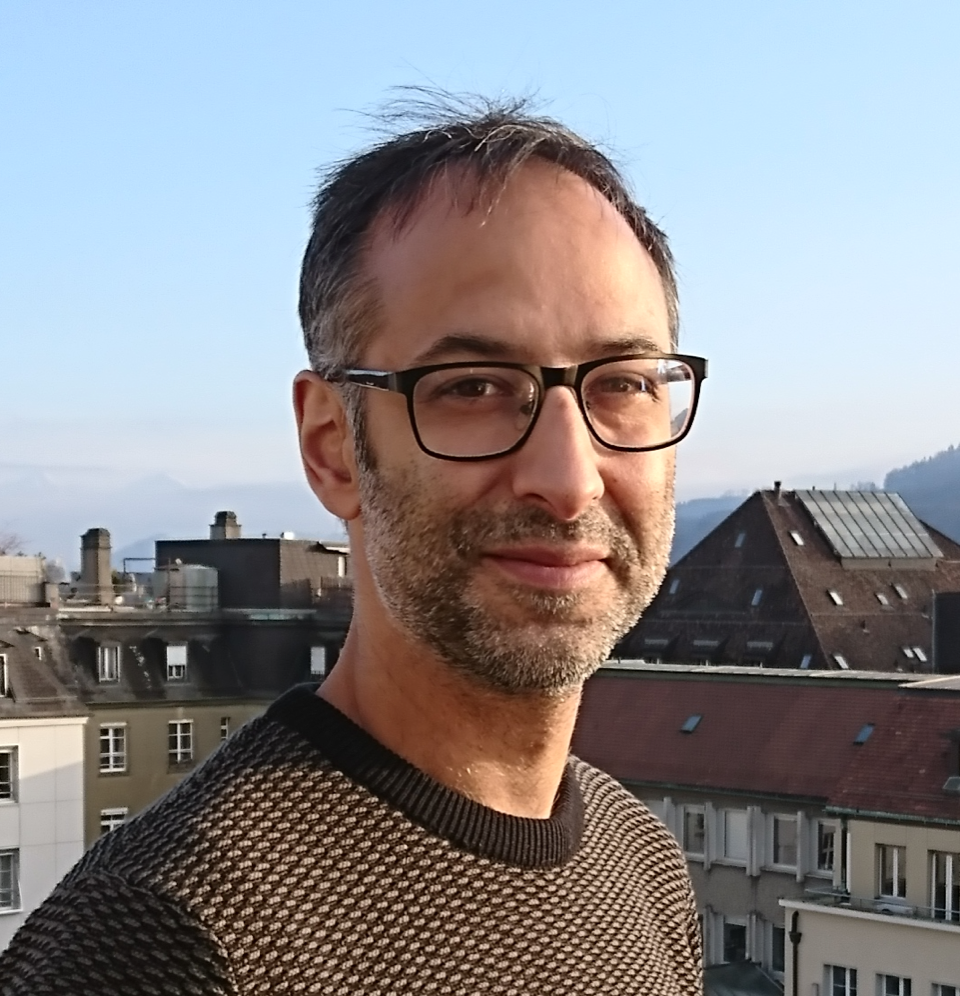 Sascha Ismail
Sascha Ismail 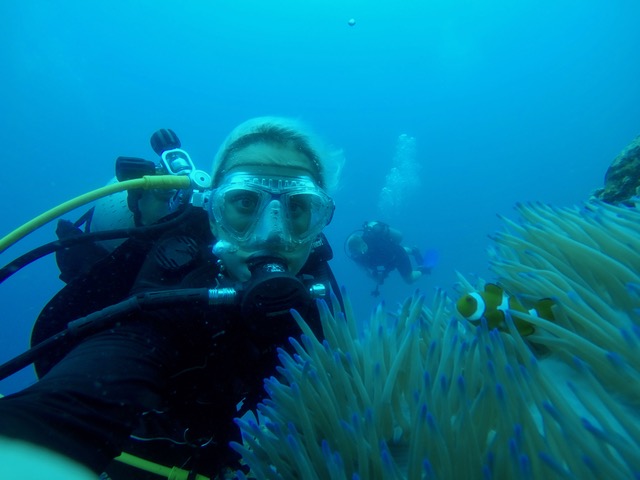
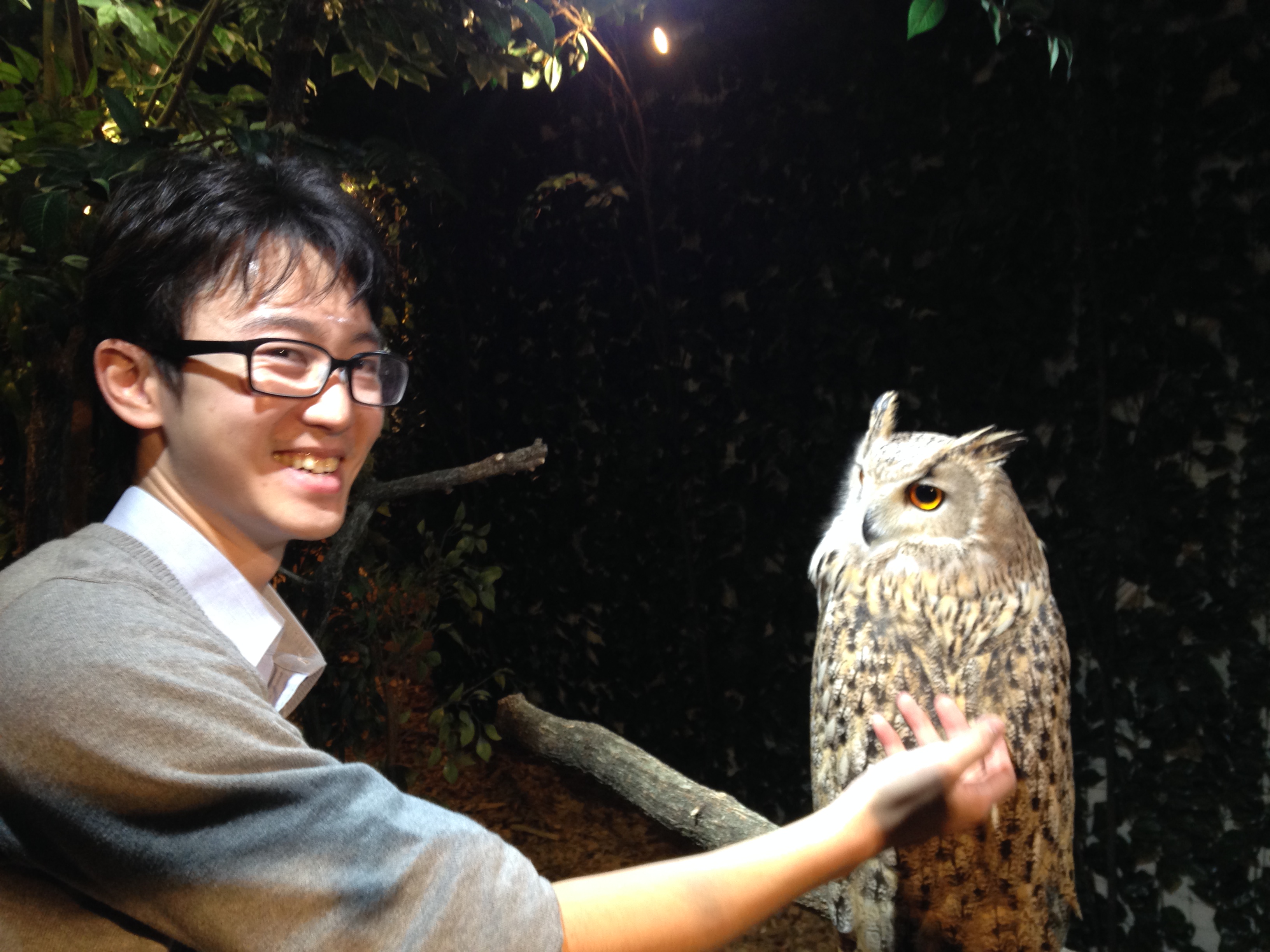
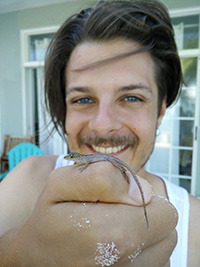
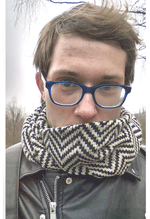
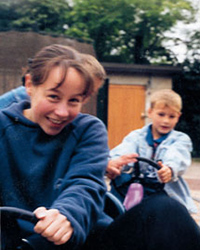
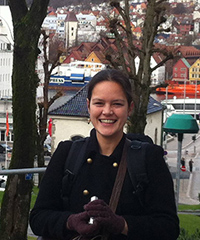
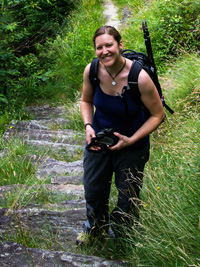
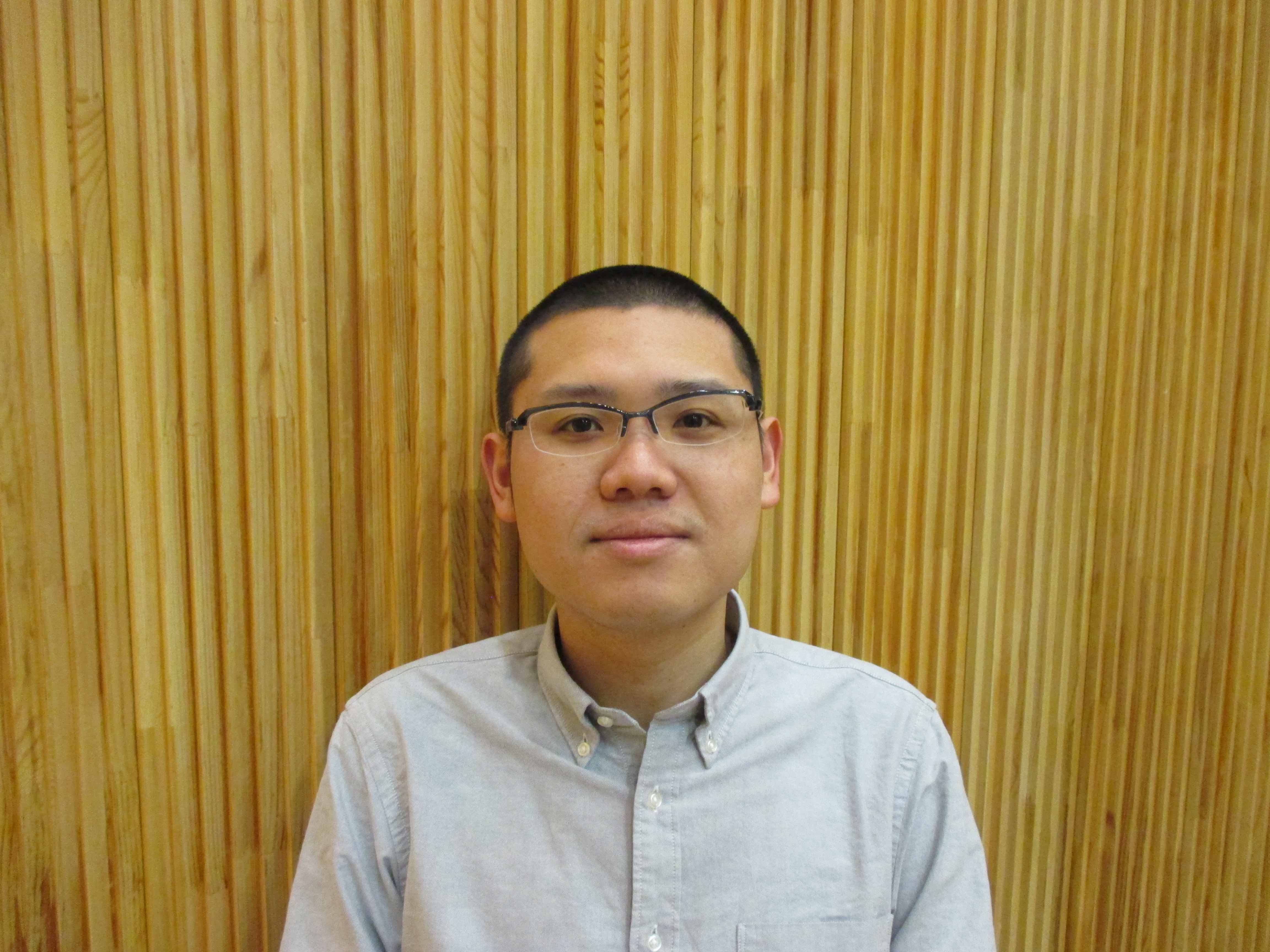 Masahito Morita
Masahito Morita